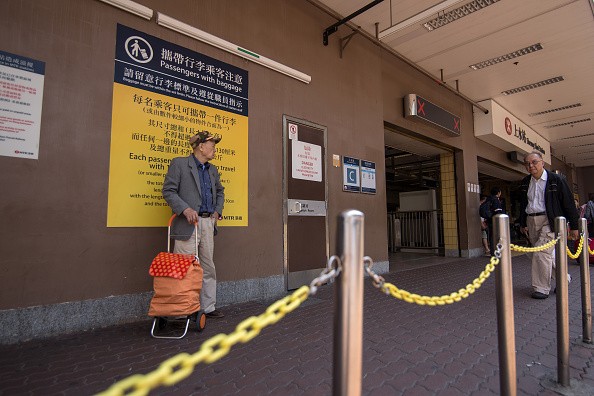As part of its broader campaign to curb capital outflows, China has started a crackdown on "financial ants," or individuals who smuggle cash little by little across the border to Hong Kong.
The Financial Times reported that more than 1,000 cases of banknote smuggling, with a total value of about 171 million yuan, have been reported by customs authorities in Shenzhen, a 39 percent increase from last year's record.
The surge in capital outflows, especially by individuals who smuggle cash across Hong Kong from the mainland, was triggered by the weakening renminbi, the report said.
According to the report, much of the movement of yuan has been unnoticed by authorities.
The Chinese government has limited to 20,000 yuan ($5,000) the amount of cash that a person entering or leaving the mainland can carry. But since Hong Kong does not have any limit on the cash that a person can take across its border, some people were enticed to smuggle yuan from the mainland to Hong Kong. Once out of the mainland, they can save the cash, exchange it for another currency or take it to other places.
But aside from these individuals, many of the financial ants were traders called "parallel traders" who buy goods, such as baby milk powder, in Hong Kong and re-sell it to customers in the mainland, according to Shenzhen customs authorities.
As the yuan depreciated and cash outflows surge, the traders started to exchange the goods for cash, which they bring out across the border in luggage or tucked within their bodies.
Last year, authorities caught a woman with $270,000 worth of renminbi strapped to her body as she tried to pass through Shenzhen's Futian Port on the way to Hong Kong.
"Such behavior seriously damages the domestic financial order," the customs district said in a statement on its website.
But analysts are not convinced that the crackdown put a stop to the financial ant's activities.
"This is not like the China of 30 or 40 years ago," Kevin Lai, chief economist at Daiwa Capital Markets, said. "Tourism and trading activities are so frequent and open today. It's difficult to investigate everyone."



























